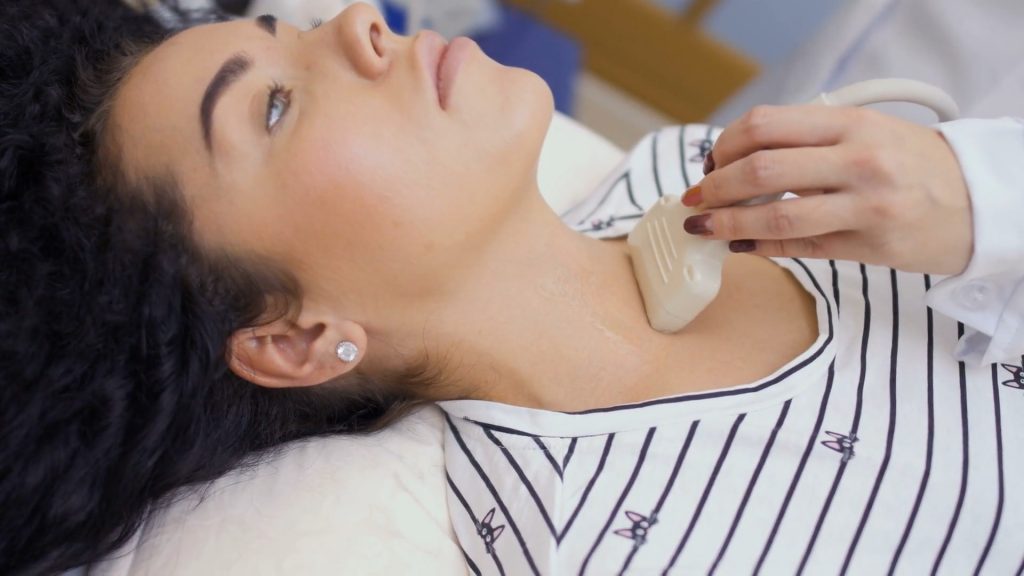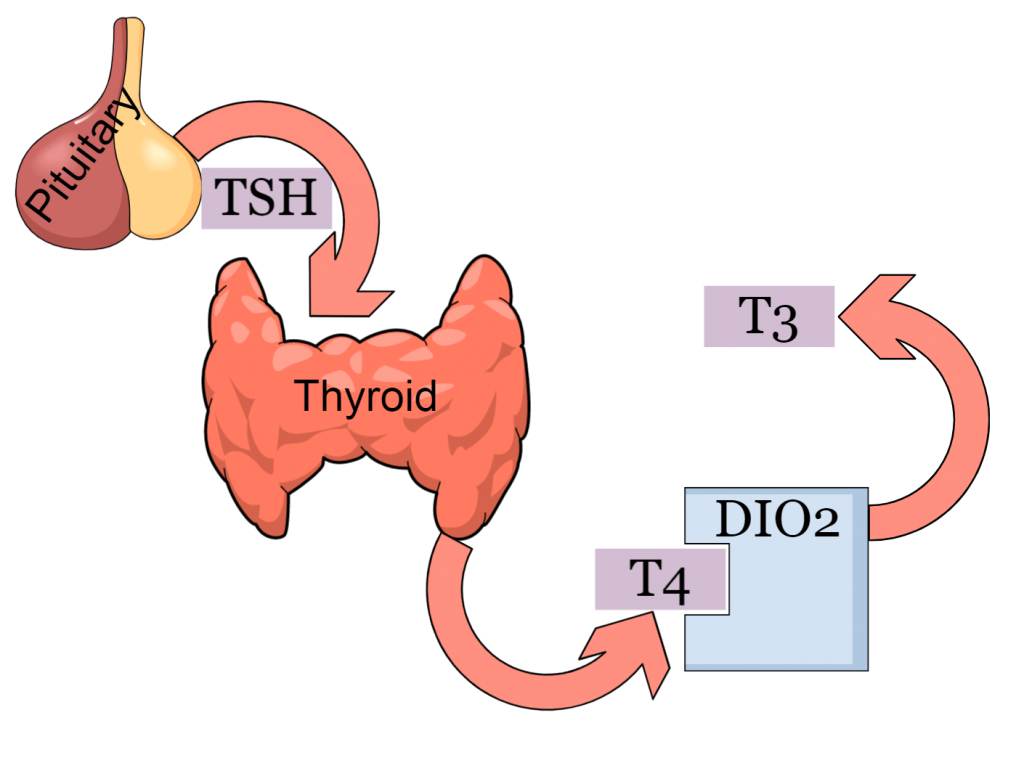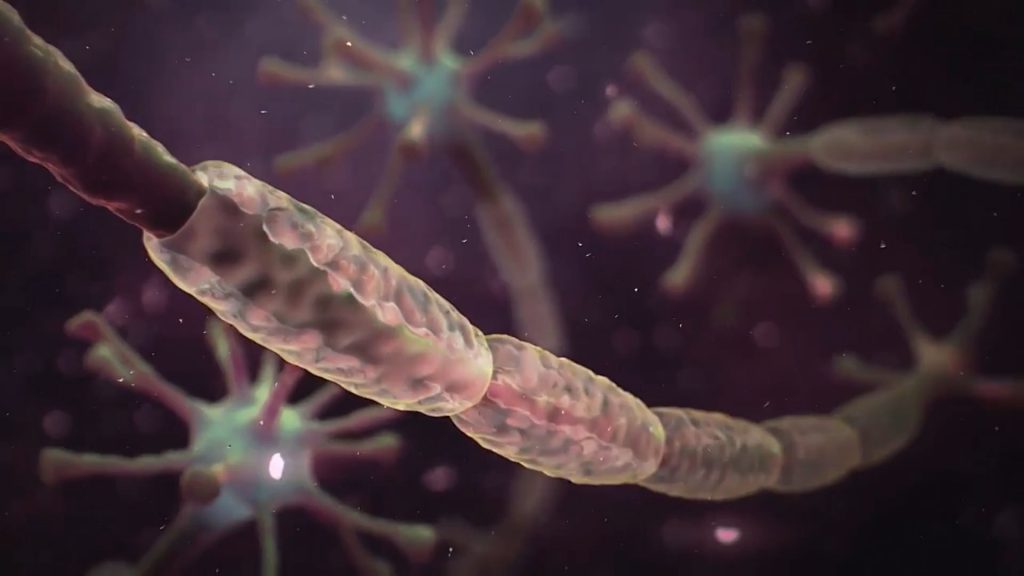Uclcerative colitis after operation
29 y.o male whose U.C. symptoms begun soon after a routine operation
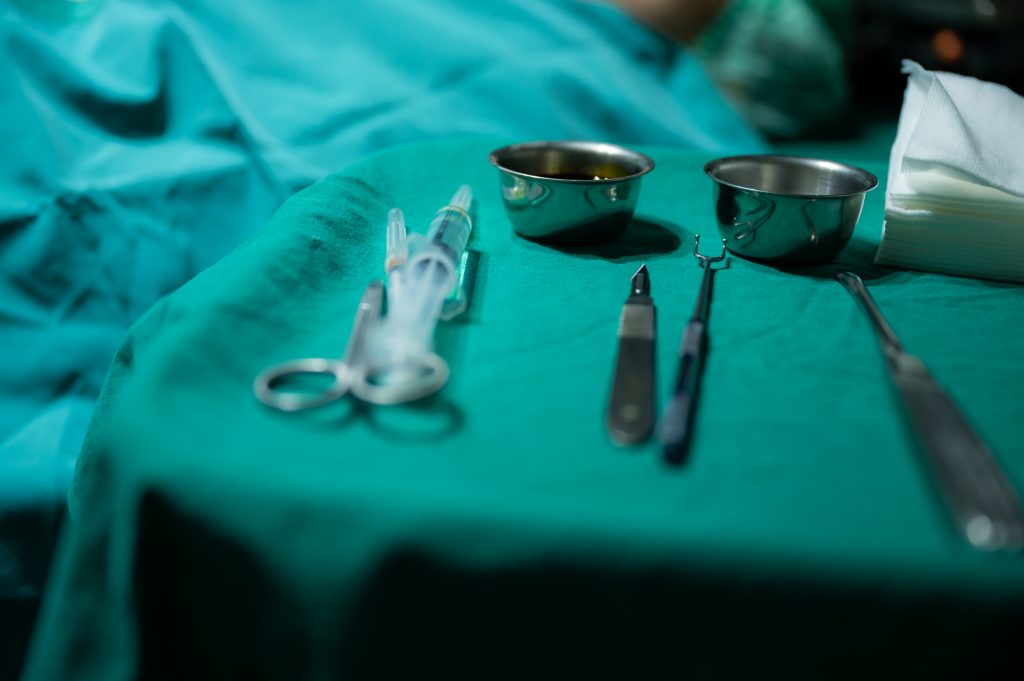
Surgical procedures are a very important source of stress for the body and there are many reports of their connection with the initiation of some pathological process. The exact mechanism by which this is done is not clearly defined. The most important thing is that these patients usually have some predisposition already before the operation or a form of the disorder. The gastrointestinal system, being an area with a very active immune function, is one of the parts of the body where damage is reported after an operation.
Operation
The surgery itself is a very stressful event that could shock the immune system
Anesthesia
After the wide availability of genetic tests, it’s been shown that anesthetics may negatively impact several genetic components of the immune system
Infection
Nosocomial infections are well recognized triggers of autoimmunity, especially bacterial populations like Proteus, Klebsiella, Fusobacter etc
Cleon P. is now 29 years old and diagnosed with distal colitis 2 years ago. He has always been very stressful and hard working. His family owns a restaurant, meaning that he would work day and night, and sleep only 6 hours daily. In addition, he would take his last meal around 2 am. He followed this pattern 5 months per year for the last 7 years. Nevertheless, until the age of 27 he only experienced minor gastrointestinal disturbances. From time to time he would experience intense bloating which lasted for 2 or 3 days and some intermittent diarrhea episodes. He had many GERD incidents and he used to consume antacids at least once per week, during the last 6 years. Among other things, Cleon was an amateur soccer player and had suffered a few injuries, one of which was serious. During a game he had fractured his right ankle. He managed to stay away from surgery for 8 months, but ultimately he decided to operate it. The operation was successful and within 2 months Cleon was back to the pitch.
Soon, Cleon noted that the episodes of diarrhea were more frequent while he required to visit the toilet more than once daily. Two months after the surgery he noticed blood on his stool. This worried him for a while. Since it was not repeated, he did not see a doctor, but when after a few months mucus and blood discharge became very common, he visited the first gastroenterologist who, without a second thought, performed a colonoscopy and gave the initial diagnosis of ulcerative colitis and the respective treatment.
Initially, Cleon started with oral aminosalicylate. 2 months later the improvement was very poor and his doctor added prednisone to the treatment. He got into remission pretty fast, but it lasted for only a few months, so the doctor suggested that he started anti-TNF therapy. Cleon already knew the possible side effects as his uncle has been on the same medicine for years. So, he consulted a second gastroenterologist. He submitted him to a second colonoscopy and advised him to start a biological agent.
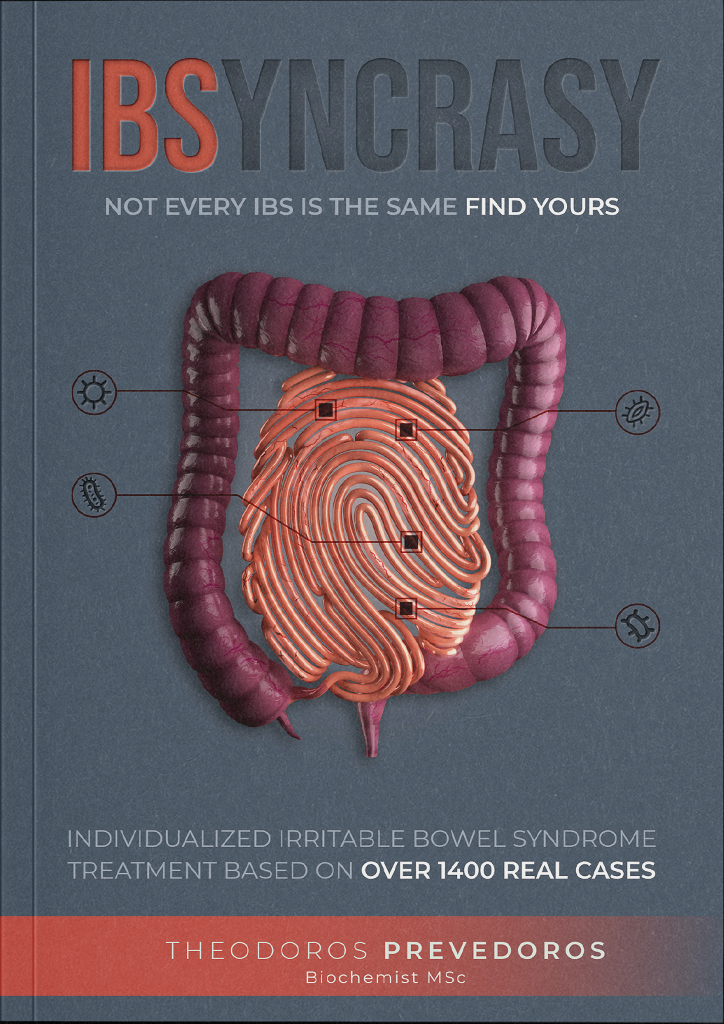
People that work in shifts for many years present with metabolic jet-lag and are mone prone to many diseases
When the gut does not have “fasted” time to repair itself it accumulates digestive byproducts and is more prone to inflammation
Tosnils removal diminishes the capacity of IgA production, thus making several bacteria more pathogenic
The relative abundance of at least 3 bacteria was huge. Klebsiella planticola, Proteus mirabilis and Morganella morganii were recovered in concentrations at least x100 from baseline. All three are notorious and take advantage of the proinflammatory environment to thrive and promote further deterioration. Especially, Morganella morganii, has been shown to colonize near Peyer’s patches and induce ileal inflammation. All these microorganism possess great ammonia-producing potential and in addition may induce cytokine activation. As expected, stool sIgA was very low (~445) whereas serum IgA was marginally normal. sIgA levels that low may be explained both by prior tonsillectomy and by poor dietary habits.
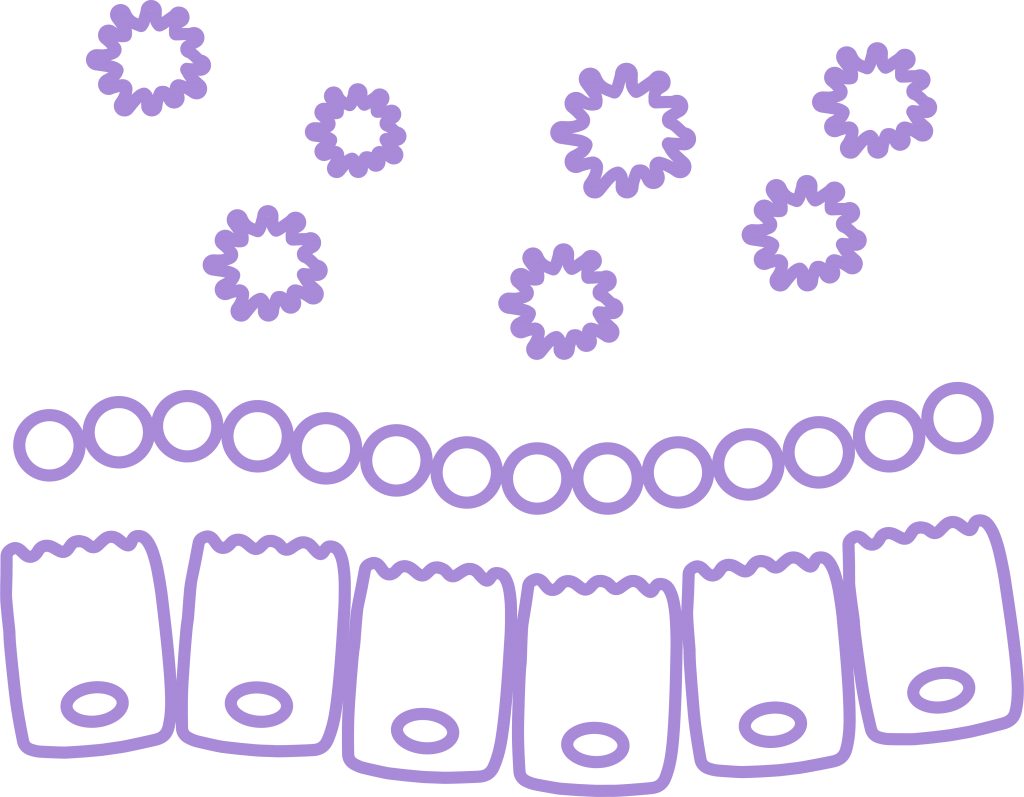
sIgA deficiency
Potent predisposition for infections. Reduced mucosal immunity
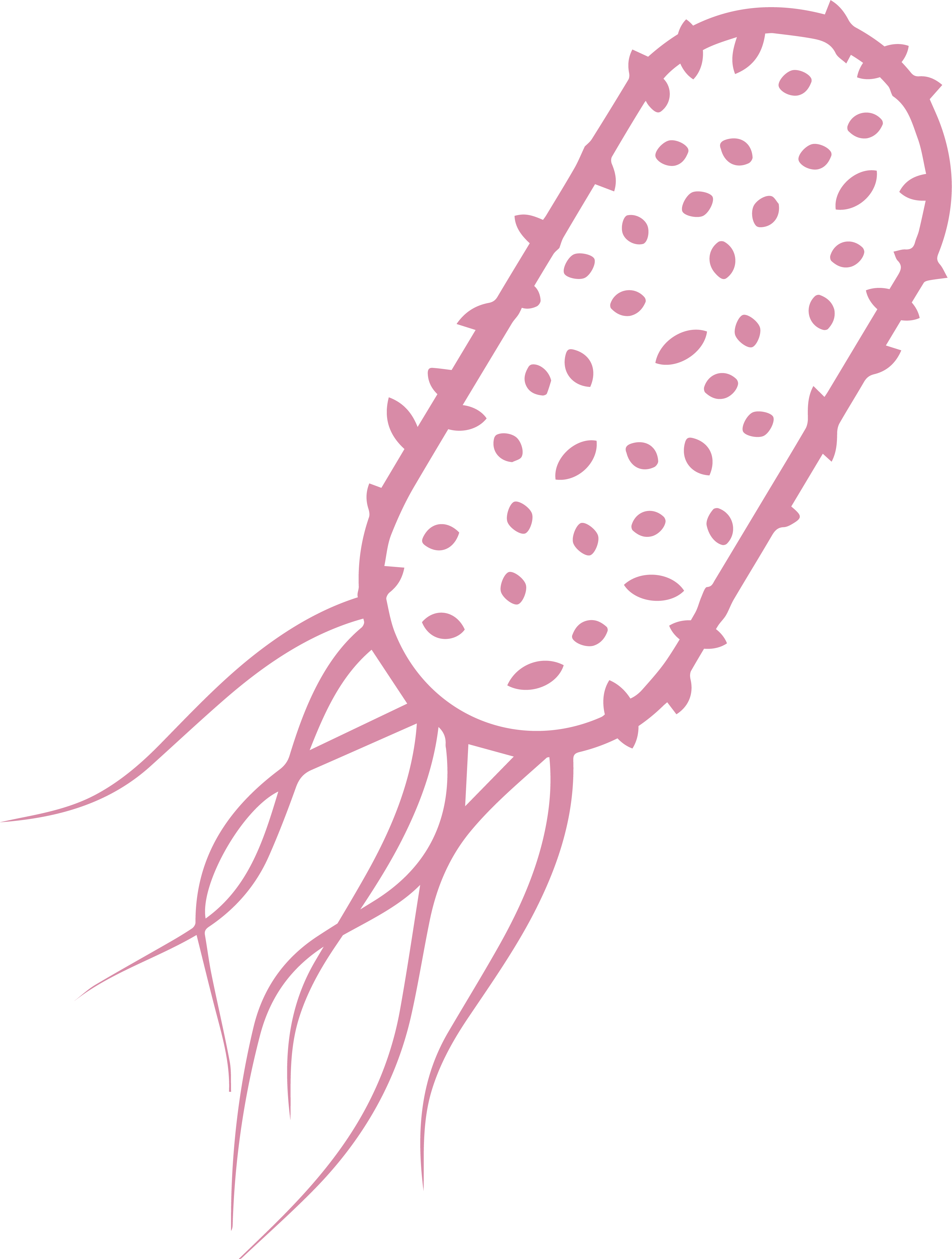
Proteus/Klebsiella/Morganella
All three are characteristically overgrown in several IBD cases
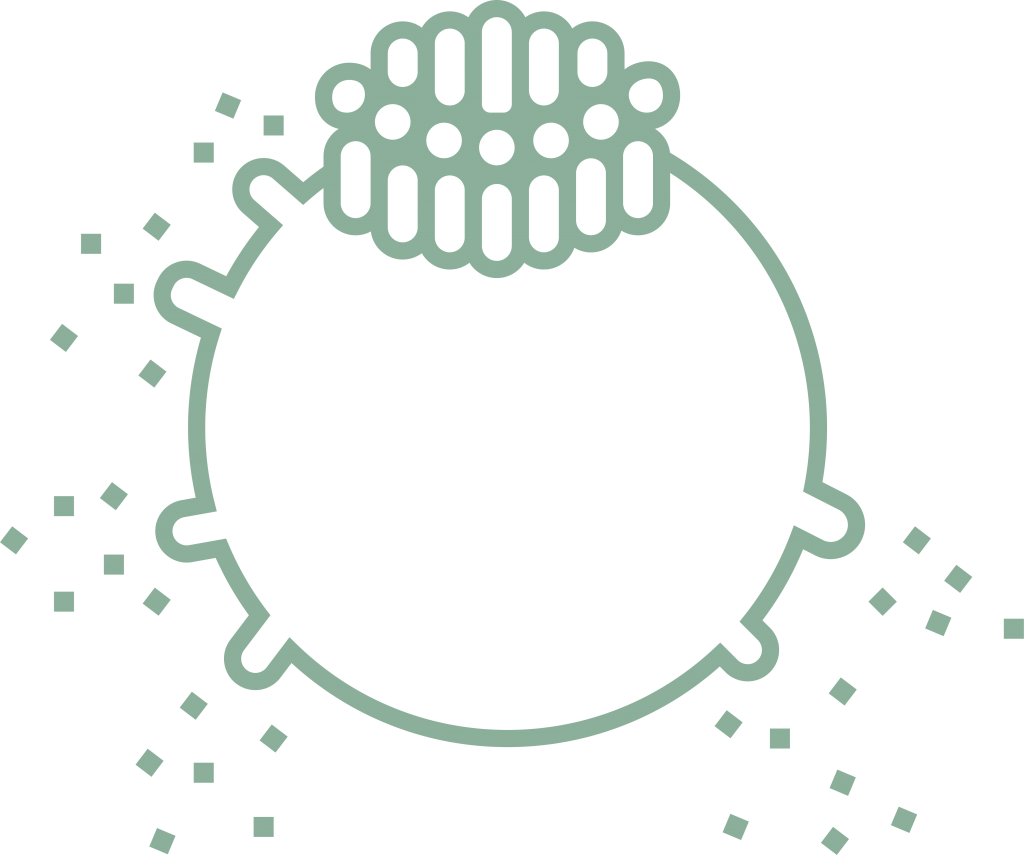
Complement factors
Elevated C3 and C4 levels indicate chronic immune stimulation
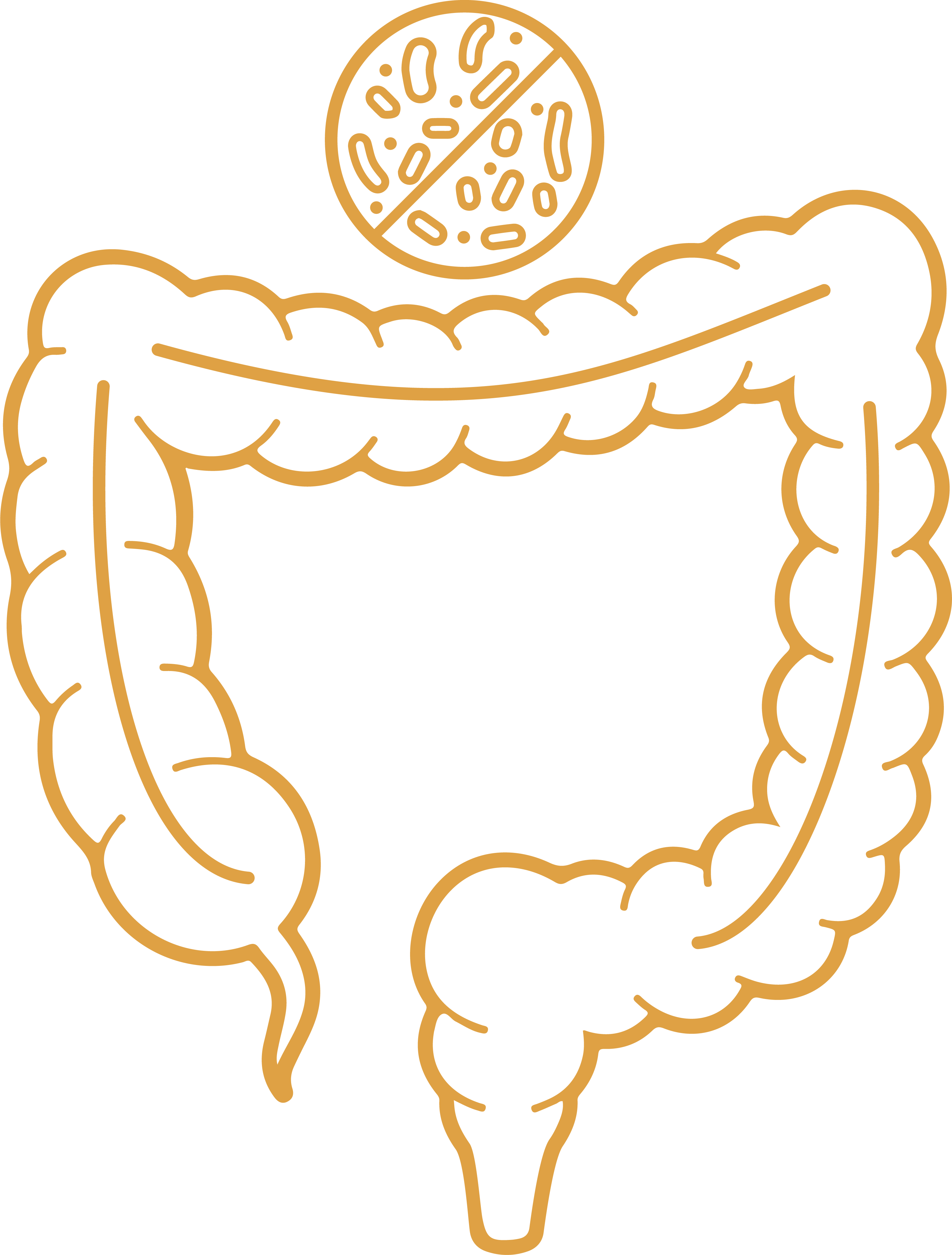
Probiotic sterility
Not a sign of Lactobaciili or E. coli Nissle 1917

Fat, protein and vitamin malabsorption
Nutrients deficiency were prominent, and only the young of his age kept him going on with this lifestyle
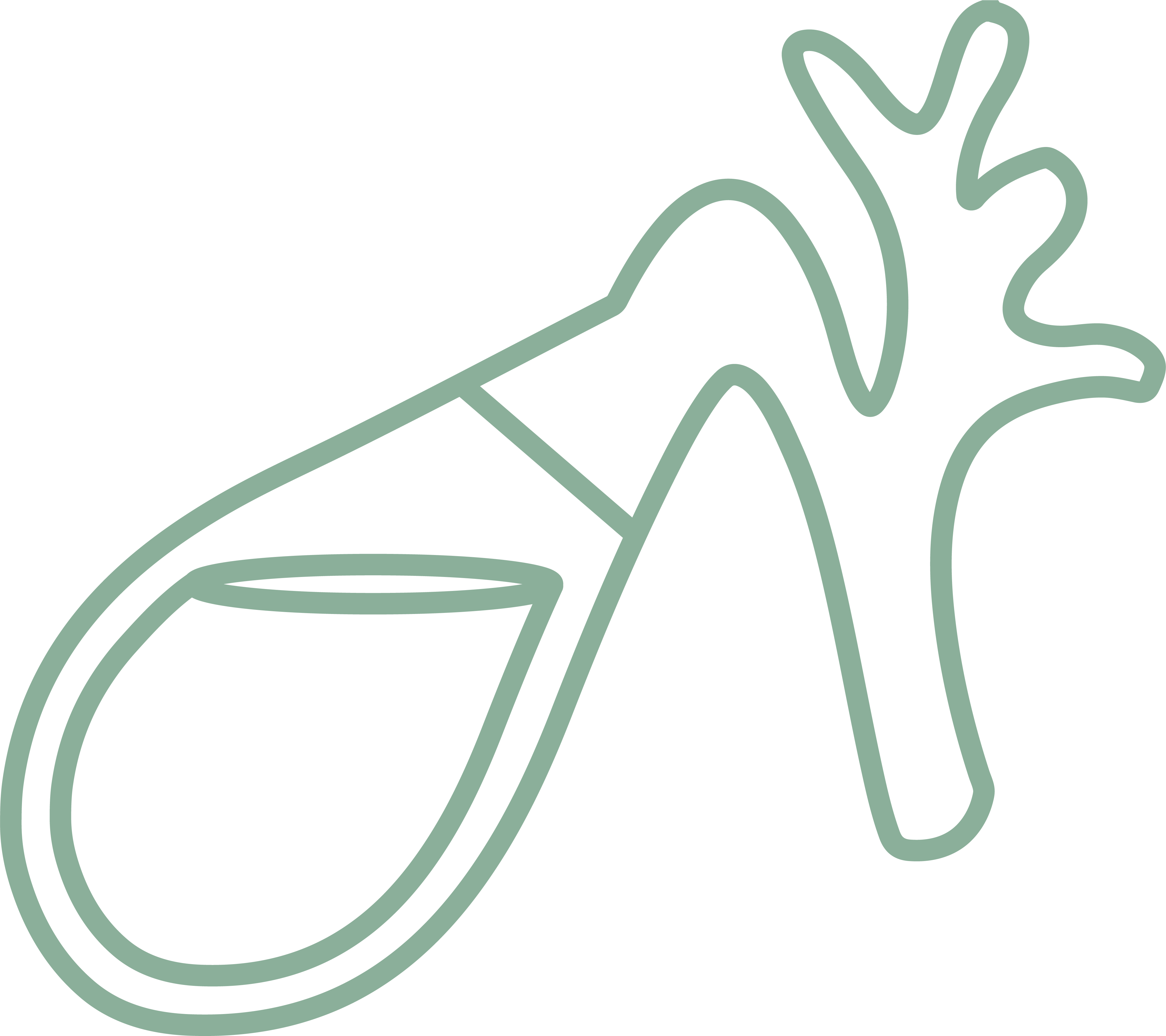
Bile
Excess bile was recovered on stool, probably due to reduced passive reabsorption resulting from rapid transit time
The treatment was divided into 2 stages. In the first stage, a long-term antimicrobial treatment was initiated based on the sensitivities of these 3 bacteria, followed by a milder antibacterial treatment consisting of high potency natural extracts. At the same time, as long as the antimicrobial treatment lasted, a strong probiotic replenishment and increase of sIgA with bovine colostrum, occurred. In the second stage, an attempt was made to stabilize the recession, but without a corresponding reduction in the dosage of the drugs received until then by Cleon. Although it was only 40 days after the treatment started, Cleon was completely asymptomatic. At this stage, a large dosage of butyric acid was added, a targeted diet was advised. It is important that the diet, during antimicrobial treatment, be extremely careful not to favor bacteria such as Proteus, which are capable of swarming. Equally important is the adaptation of a more normal lifestyle, with the main ingredients being effective sleep and frequent fasting intervals.
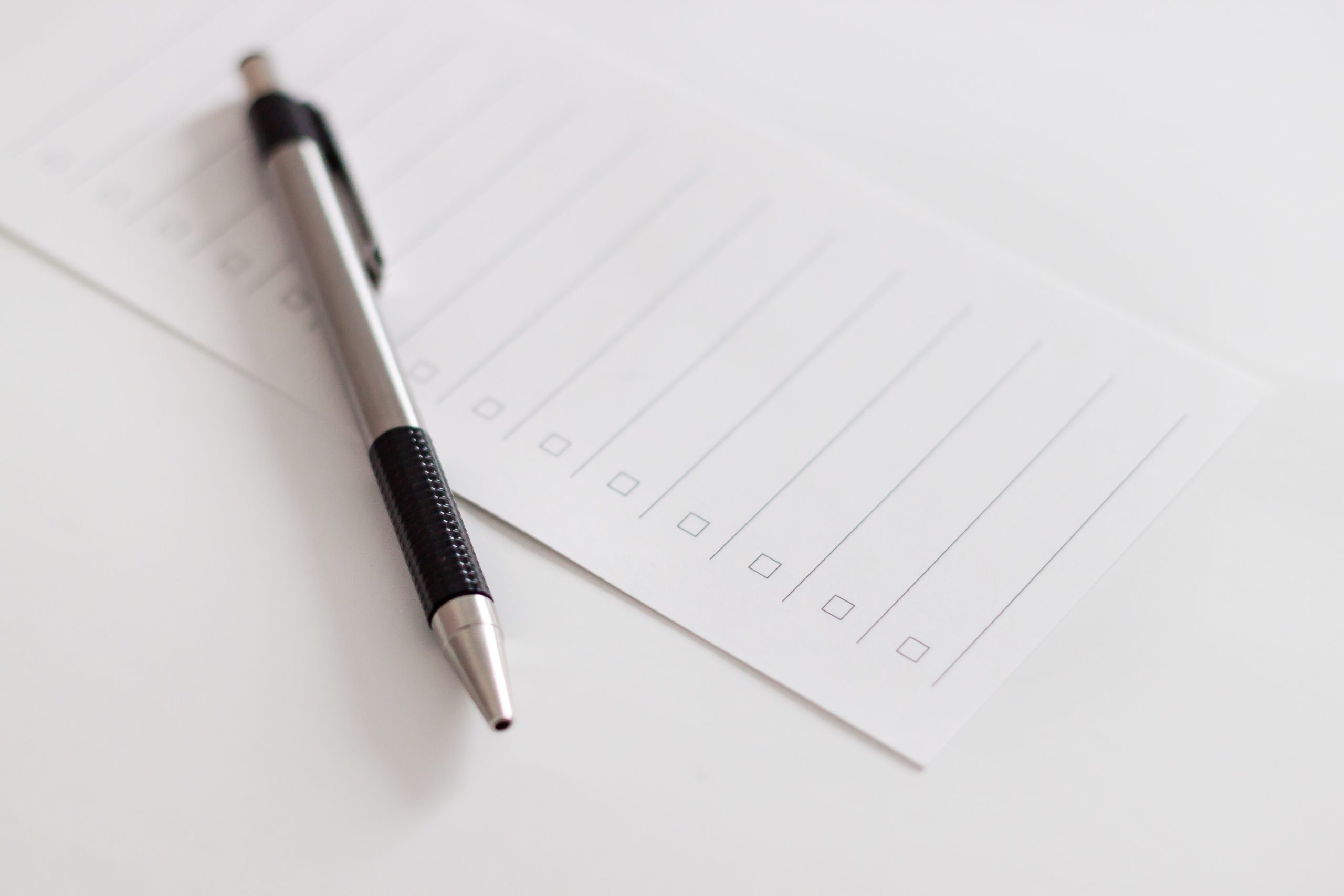
Cleon received a very detailed program and the fact that he followed it literally helped him not only to remain without symptoms until today, but he managed to stop prednisone and reduce the aminosalicylate in half. The next colonoscopy was very good, with a full recession image and few populations of activated eosinophils and polymorphonuclear cells.
- Surgery is not a rare finding in medical histories of autoimmune disorders, like ulcerative colitis, psoriasis and lupus. Usually, the operation has taken place up to 12 months prior to diagnosis
- Proteus is a swarming bacterium and whenever detected on stool in great amounts, the diet must be very careful
- Night shifting is an aggravating factor in the process of recovering from ulcerative colitis
- Vitamin and other nutrient deficiencies are very common and should be addressed immediately
- Lifestyle choices play a determining role in the complete remission but many times inflammation has been left for very long and produced non reversible damage

With a background in Chemistry and Biochemistry from the National and Kapodistrian University of Athens, Theodoros brings a wealth of knowledge in functional medicine and advanced treatments to his role. He possesses exceptional skills in analysis, pattern recognition, diagnostic translation, and storytelling. He is also FMU certified in Functional Medicine and has received training in advanced treatments from the Saisei Mirai Clinic in Japan.
